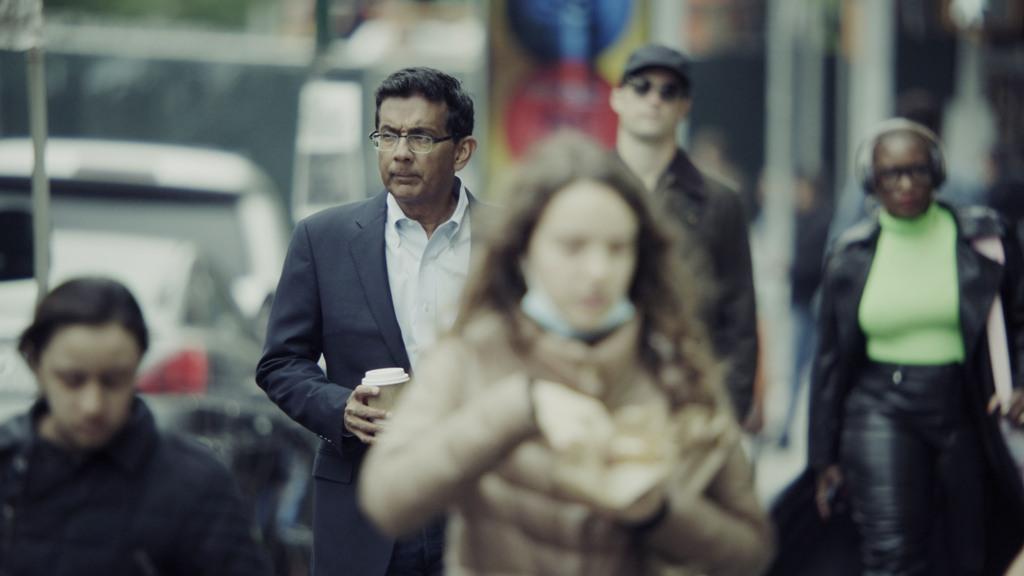PG-13 | 1h 50m | Documentary, Docudrama, History, Politics, Crime | Oct. 23, 2023
Respected by most of the right and loathed by all of the left, filmmaker Dinesh D’Souza has been stirring the simmering pot of discontent for well over a decade. Often labeled by both sides of the aisle as a “firebrand,” Mr. D’Souza has also been described as the conservative version of Michael Moore, which is not thoroughly inaccurate. However, Mr. Moore’s movies are rife with bellicose tirades, often unfounded hyperbole, and far-reaching conjecture, while Mr. D’Souza’s are mostly dispassionate and deeply rooted in fact and stone-cold statistics.






